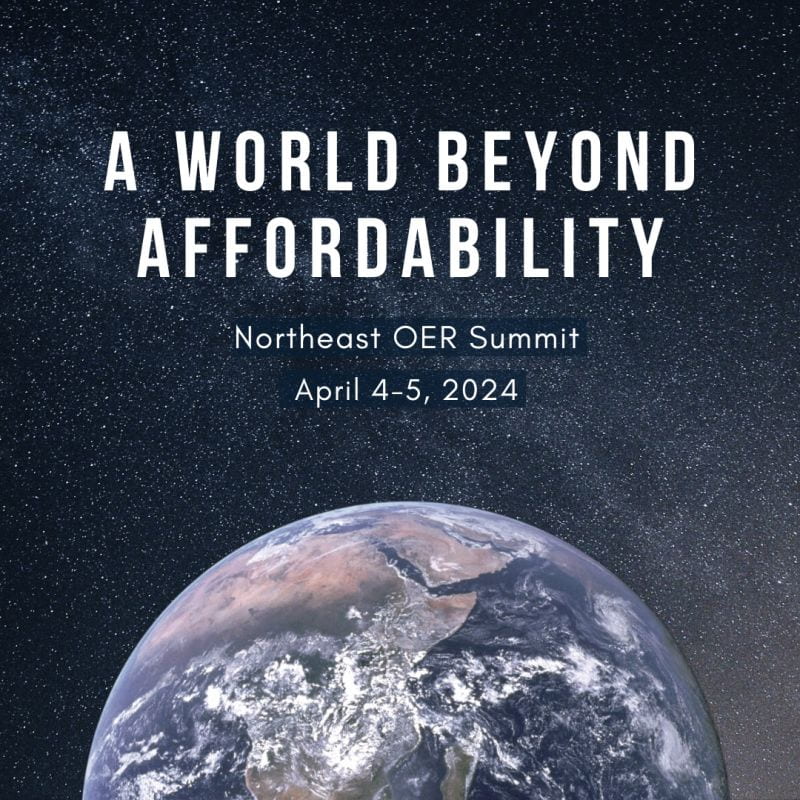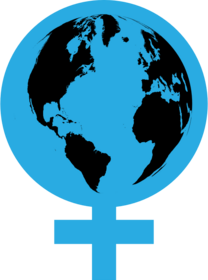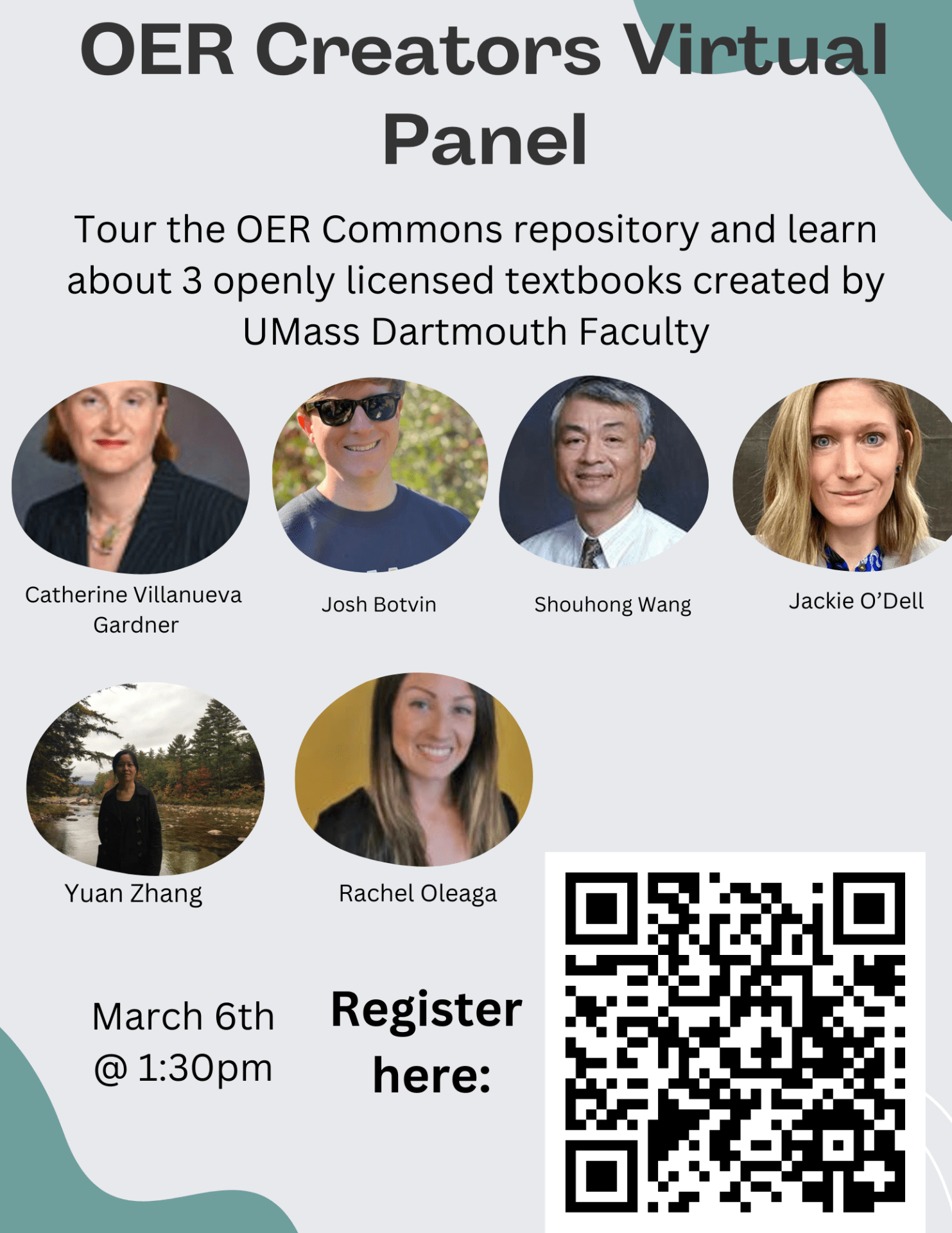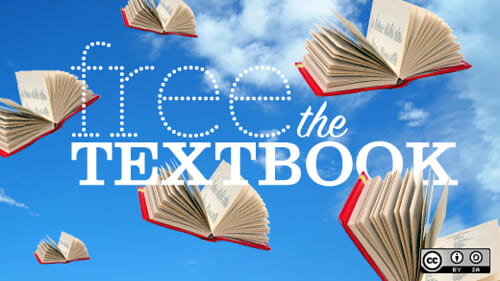Cross-posted from the Claire T. Carney Library News Blog
March 3 – 7 is Open Education Week, an annual celebration designed to raise awareness and acknowledge successes in open education worldwide. Open Education is a movement that seeks to make learning more accessible and free from financial barriers. Examples of Open Education practices include adopting free, openly licensed textbooks from Openstax or OER Commons. Here are a few ways you can explore Open Education and get involved in OER this week and beyond:
- Libretexts is offering a full schedule of events this week, from a four-part series designed to get faculty started in the ADAPT open homework and assessment platform, to presentations on creating, remixing, editing, adapting, an adopting OER with LibreTexts.
- Accessibility in OER Commons, Thursday, March 6th, 10:00am with Rachel Oleaga, Open Massachusetts Hub Coordinator – “Open Massachusetts” is a platform for sharing open educational resources created and adopted by faculty from Massachusetts Public Higher Education Institutions. Attend this webinar to learn about accessibility features of the platform.
- Open Educational Resources: Pro Search Tips, Friday, March 7th, 10:00am – 10:45am with Rebecca Dowgiert of Framingham State University – “There’s no OER out there for my program/course.” You may be right… but you also just might be surprised at what’s out there these days. Literally – new OERs are coming out every month. Come learn OER pro searching tips (including the easiest tip of all).
- For Faculty Looking to Get Started with OER – Take a look at this LibGuide for Open Educational Resources.
- UMass Dartmouth has a hub in OER Commons where faculty can submit openly licensed materials they have created: University of Massachusetts Dartmouth Group Resources.
For questions about the hub in OER Commons or about Open Educational Resources (OER) please contact our Scholarly Communication Librarian.










